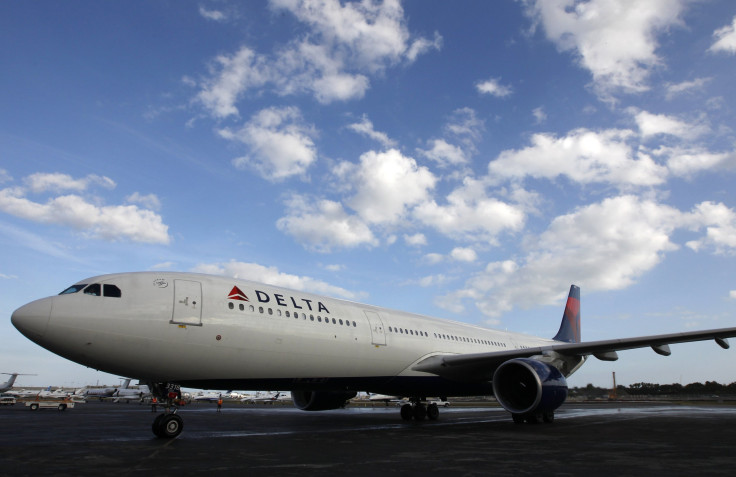FAA Says Pilots Can Use Surface Pro 3 In The Cockpit

The Federal Aviation Administration has approved Microsoft’s Surface Pro 3 for use as a so-called Electronic Flight Bag. Airlines are increasingly turning to EFBs to ease pilot workloads, boost operational efficiency and reduce paperwork.
The FAA, along with the European Aviation Safety Agency, OK'd Surface Pro 3 as a host for EFB software after putting it through “rigorous environmental and situational tests,” wrote Cyril Belikoff, Microsoft’s senior director for Surface, in a blog post.
Microsoft also announced a partnership with navAero, under which the EFB systems vendor will produce a dock for the Surface Pro 3 that can directly plug in to cockpit computer and communications systems.
EFBs, now commonly in use at most major airlines, store digital versions of documents that pilots have for years lugged around airports in their signature black flight bags. The data include navigational charts, weather reports, airport-specific taxiway instructions and aircraft operating manuals.
The carrier most likely to adopt Surface Pro 3 as an EFB is Delta Air Lines, which last year struck a far-reaching technology agreement with Microsoft. Under the deal, Delta is rolling out EFBs to 11,000 pilots on Surface 2, which runs a stripped down version of Windows 8 known as Windows RT.
The FAA’s nod to Surface Pro 3 is a boost for Microsoft. The company has all but lost the consumer tablet market to Apple. Redmond took a $900 million write-down on the original Surface RT due to unsold inventory. It’s now counting on the commercial sector to drive much-needed demand for its devices.
Jeppesen, a unit of Boeing, offers its FliteDeck Pro EFB software for both Windows and iOS platforms, and it plans to release a version for Surface Pro 3. “I’m not looking at this as a cannibalistic device to go after the iPad,” Jeppesen EFB product manager Jeff Betschart told International Business Times. “We’re looking at this as a complementary device so that customers who were not happy with the iPad or don’t think iOS is their future have a complementary device.” The FAA approved the iPad for EFB use in 2011.
© Copyright IBTimes 2024. All rights reserved.












